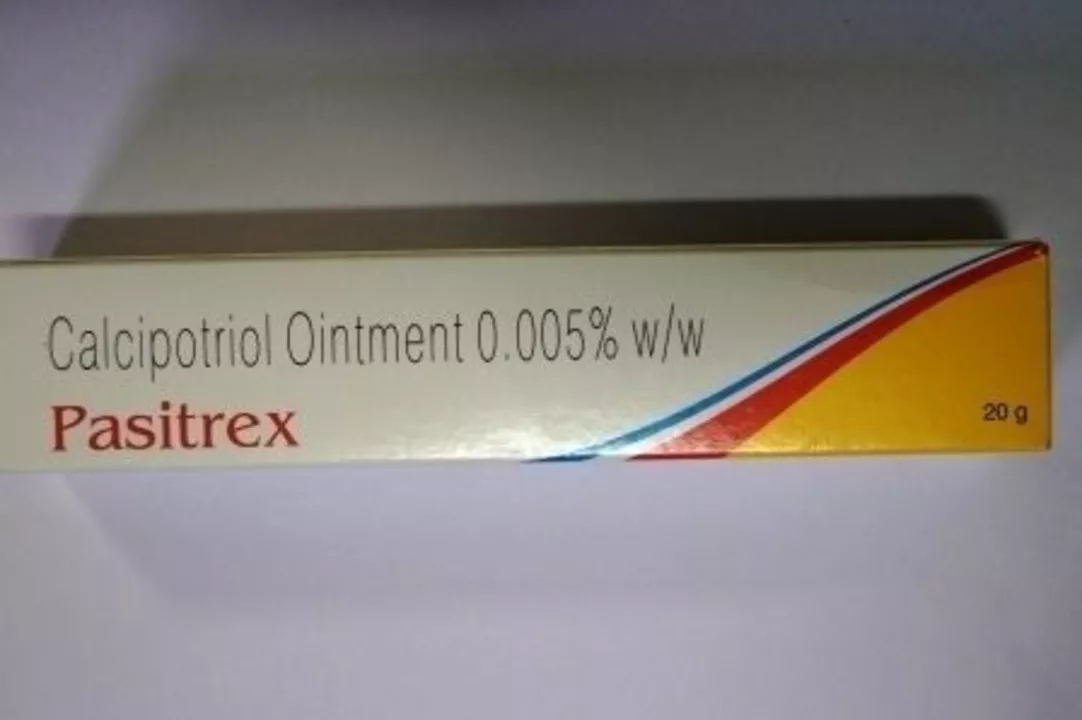Calcipotriol: What It Is and When It Helps
If you’ve heard of a topical that slows down fast skin cell growth, that’s usually calcipotriol. It’s a vitamin D analogue most commonly used for plaque psoriasis. Unlike oral drugs, calcipotriol is applied directly to the skin where the problem is. That makes it useful for localized patches, scalp plaques, and areas that won't heal with moisturizers alone.
How to Use Calcipotriol Correctly
Use it on clean, dry skin. Squeeze a thin layer over the affected area and rub in gently. For scalp use there’s usually a solution or ointment; part the hair and apply directly to the plaques. Don’t use more than your doctor prescribes—overuse won’t speed up results and can raise the risk of side effects. Many people see improvement in a few weeks, but full effect may take longer.
Some helpful tips: apply at the same time each day, avoid using other strong topical drugs at the same spot unless your doctor says it’s okay, and wash your hands after applying unless you’re treating the hands. If you use a steroid cream too, your doctor may tell you how to combine them—there are even fixed-combination products with calcipotriol plus a steroid.
Side Effects, Risks, and Safety Notes
Most side effects are local—itching, redness, burning, or skin irritation where you apply it. If the irritation is severe or spreading, stop and check with your provider. Rarely, when used over very large areas or under dressings, calcipotriol can be absorbed enough to affect calcium levels in the body. That’s why doctors limit how much you use at once and how long you treat large areas.
Pregnancy and breastfeeding: talk to your doctor. Many clinicians avoid calcipotriol during pregnancy unless the benefit clearly outweighs the risk. If you’re planning pregnancy, mention it before starting treatment. Also tell your provider about other creams, oral supplements (like high-dose vitamin D), and medical conditions such as kidney disease.
Storage and handling are simple: keep the tube closed, store at room temperature away from heat and direct sunlight, and don’t use it past the expiry date. If you get it on your face or in skin folds and irritation appears, rinse off gently and ask your clinician what to do next.
Want to buy it? Calcipotriol usually needs a prescription. Be cautious with online sellers—pick licensed pharmacies, check reviews, and avoid offers that seem too cheap or ask for no prescription. When in doubt, talk to a dermatologist or pharmacist. They can confirm the right form and dose for your skin and suggest alternatives if calcipotriol isn’t right for you.
Have questions about interactions, combining treatments, or spotting side effects early? Browse our related guides on RxStore-365 for clear, practical advice that helps you make safe choices about topical psoriasis treatments.

The Top 10 Benefits of Calcipotriol for Psoriasis Treatment
As someone who has been researching psoriasis treatments, I've discovered that calcipotriol is a game changer for many people. The top 10 benefits of this treatment include its ability to reduce inflammation, slow down skin cell growth, and decrease itching. It's a safe and effective option that can be used in combination with other treatments to achieve optimal results. Plus, it's available in various forms, making it easy to incorporate into your daily routine. Overall, calcipotriol has made a significant impact on improving the quality of life for those living with psoriasis.
Read More




